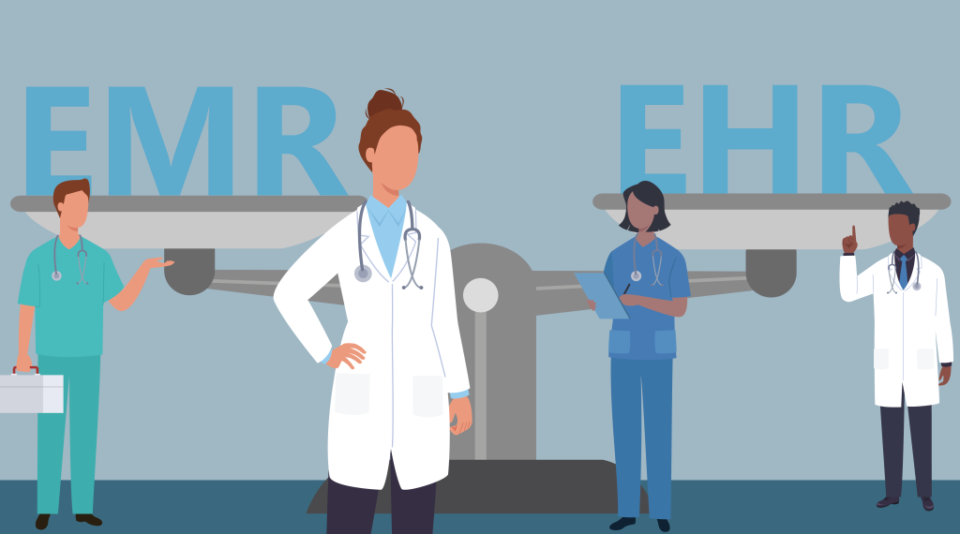EHR and EMR are software systems that store patient health information electronically. This information includes past medical history, vital signs, immunization records, allergies, and treatment regimens. They also contain laboratory data, imaging reports, and other relevant data. These systems help physicians manage their practices and improve patient health.
What is an EHR?
An EHR is an electronic health record that stores a patient’s medical history and past treatments. It can be used to improve patient care by providing a more detailed look into a patient’s health. It can also help streamline the workflow of healthcare providers. It also helps prevent the loss of important patient information and ensures that the right people have access to it. EHR systems store medical records, allowing doctors to access all of a patient’s medical history in a single system. This can help prevent medical errors.
What is EMR?
An EMR is a system that stores and shares health information about a patient. The information is stored in digital form and is accessible across health care settings. This allows doctors, nurses, and other health care providers to access it more easily than ever before. In addition to saving paper, an EMR also improves efficiency. Health care providers can access all the same data, which helps them make better decisions. For instance, an EMR can help track medication adherence and improve care quality. It can also reduce errors during documentation. The system allows a physician to check off prescriptions and other medical information without having to retype them manually.
5 Differences between EHR and EMR
- An EHR is a digital record of a patient’s health information, whereas EMR is a digital chart.
- An EMR is used within the doctor’s office or in a hospital and is typically only seen by the clinician or care team assigned to a patient. On the other hand and EHR can be accessible by everyone, including the patients.
- EHRs offer more comprehensive information about a patient than EMRs do, and both systems allow physicians to share patient information with other healthcare providers. A patient’s EHR is a more comprehensive document that can include information on any and all aspects of a patient’s medical history, whereas an EMR is simply a medical chart by the doctor.
- Patient records can be easily accessible via EHR as everything is tracked in real-time and is stored on a health ID. It offers access tools to the service providers to make informed decisions. EMR is difficult to access as it is held by practitioners. Therefore, it is used merely for treatment and diagnosis.
- An EMR is extremely private and is not prone to hacks. On the other hand, as EHR information is readily available, it can be prone to theft.
Conclusion –
Eka Care is an electronic health records app that helps physicians and patients maintain comprehensive health records. It is integrated with the ABHA and helps doctors access and store patient medical records. It also features a symptoms checker that helps doctors diagnose underlying medical conditions and improve reporting capabilities.
Download Eka.Care App


